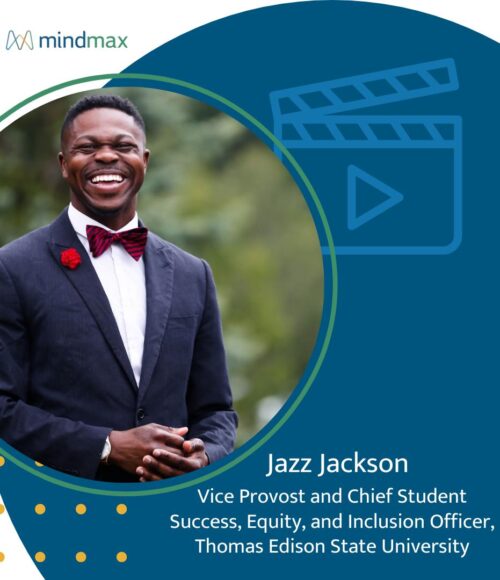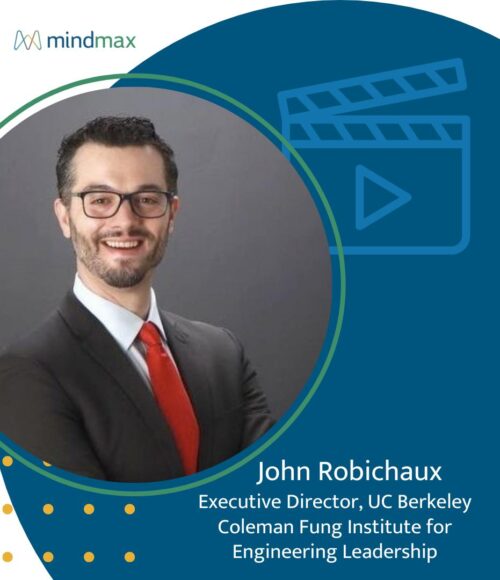Shifting Paradigms on Learning
Black Friday, Cyber Monday, and all of the relentless hoopla leading us into the holiday season can be overwhelming and make us question the true meaning of giving. In “Forget the Tie. Give a Gift that Matters,” New York Times columnist Nicholas Christof bluntly tells us,“Sure, you can buy your uncle a necktie that he won’t wear, or your niece an Amazon certificate that she’ll forget to use. Or you can help remove shrapnel from an injured child in Syria, or assist students at risk of genocide in South Sudan.”
This can make us question the very paradigm of giving.
Christof goes on to list a number of organizations you can donate to, including the Committee to Protect Journalists, cpj.org, in lieu of that necktie or another potentially forgettable gift, but then blithely suggests, “In the same vein, consider buying a gift subscription to a reliable news organization for yourself or a friend — as an investment in a robust civil society.”
This can make us question the existing paradigm of news.
With so much consumable information out there, in so many forms, from so many sources and of such variable quality, we may dismiss more traditional outlets in favor of more immediate and more immediate updates.
Is this what is happening with education as well?
In the early 2000s, the advent of the MOOC had universities, the professoriate, and the administration struggle to comprehend the impact this new form of education would have on their institutions. The New York Times itself announced the end of higher education as we knew it in a well-quoted article that made it official for many hard-core news fans.
MOOCs did not end education as we know it, but they did provide a well-needed impetus for reflection. From this new perspective has come not only innovative learning design but new business models and new means for business and higher education to form meaningful partnerships to serve universities directly and industry as well.
It’s natural to worry when our paradigms are questioned, adjusted or totally blown out of the water. But oftentimes, once an adjustment is made, there’s a recalibration that takes place, and existing notions don’t disappear altogether. They shift or reappear in a new format, something more usable and more practical. And frequently some of the old remains and proves its value once again.
A recent study claims that Jeff Bezos and Amazon have destroyed the existing model of shopping. By providing a low-cost, efficient means of shopping, Amazon, the study says, will be responsible for the end of the brick-and-mortar retail market. A weekend trip to my local Home Goods store tells me, “Maybe not.”
Sure, most of us are completing many more online transactions than ever before, which should be saving us time and allowing us to be more discriminating about how we shop, pay our bills, listen to music, order take-out, etc.
The same is true about how we get our news and how we educate ourselves and our children. I can get a quick fix, or I can spend the time reading an in-depth report, getting a better understanding of the background of the situation, the history, and the players. If I want to get a quick learning fix or want to explore a topic on my own, I can look at YouTube videos, take a Coursera course or any number of free or inexpensive courses online or at a local institution of higher learning. If credentialing is important to me, I can take a certificate program or one that offers digital badging as a means of providing proof of learning.
The point is, we haven’t stopped learning simply because the model is evolving.
Nicholas Kristof has asked us to open our minds to a different paradigm of gift giving and provided us with a range of ways to execute on that. It’s a worthwhile exercise, and I doubt that he will destroy the traditional or even the more consumer-driven gift-giving practices. Similarly, we should continue to question centuries of educational practices and open our minds to the most effective means of educating an employable and “robust civil society.”
Related Ideas
Jazz Jackson Wants to Help Every Student Finish What They Start

John Robichaux Wants Lifelong Learning to Drive Public Impact
